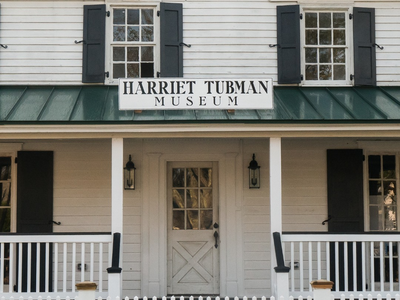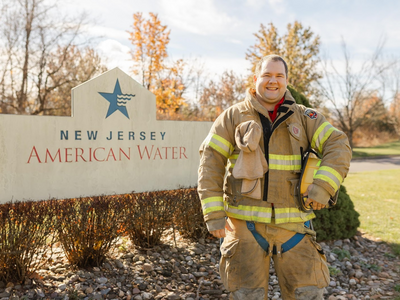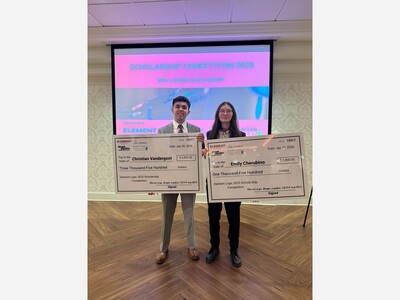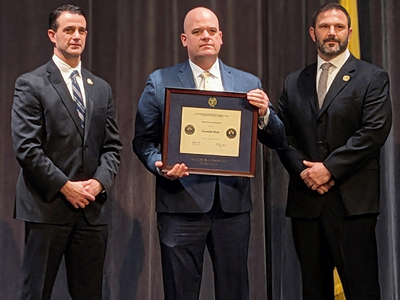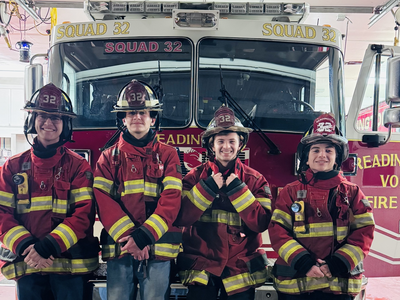Steady 64% Say Racism Against Black People Widespread in U.S. in Gallup Study
WASHINGTON, D.C. — Sixty-four percent of Americans believe racism against Black people is widespread in the U.S. This figure ties with the previous reading, in 2021, as the highest recorded in Gallup’s periodic measurements since 2008.
Non-Hispanic Black adults continue to be the most likely to say such racism is prevalent in the country, with 83% expressing this view. Smaller majorities of Hispanic (64%) and non-Hispanic White adults (61%) agree.
These findings are based on a June 2-26 Gallup survey that included oversamples of Black and Hispanic adults to allow for more precise estimates among those subgroups. The overall sample was weighted so all racial/ethnic groups are represented in their proper proportions of the U.S. population.
When Gallup first asked this question in 2008, 56% of U.S. adults thought racism was widespread. However, by the following year, at the start of Barack Obama’s presidency, it had dipped to 51%. The next reading, 60% in 2015, came after several high-profile killings of Black people by White police officers. It has since remained above that level.
Conversely, Americans’ belief that racism against White people is widespread is the lowest of five readings since 2008. The 29% of U.S. adults who now hold this belief is significantly lower than the previous reading (41% in 2016), with Black, White and Hispanic adults holding similar views.
Perceptions of Bias Against Black Americans at Record Highs
When asked if Black people in their community are treated less fairly than White people in various situations, 57% of U.S. adults say Black people are treated less fairly in dealings with the police, such as during traffic incidents. That’s far greater than the percentage who say Black people are treated unfairly when engaging in any of the other five activities measured, including when receiving healthcare (38%); when shopping at downtown stores or shopping malls (36%); while at work (34%); when in restaurants, bars or entertainment venues (32%); and when in neighborhood shops (30%).
Still, these perceptions of unfair treatment have been steadily rising since about 2016 and are now at record or near-record highs.
Most of the increases reflect higher percentages of all racial/ethnic groups today than in 2016 believing that Black people in their community face unfair treatment. Throughout the trend, Black adults have been more likely than White and Hispanic adults to perceive that differential treatment exists in each situation. However, since 2021, Black Americans’ perceptions of unfair treatment in the various situations have either held steady or declined slightly, with a particularly large decline, from 56% to 40%, in the belief that Black people are treated unfairly in neighborhood shops. Meanwhile, White and Hispanic adults have either maintained their views about unfair treatment against Black Americans or become more likely to perceive that it exists, particularly with respect to receiving healthcare.
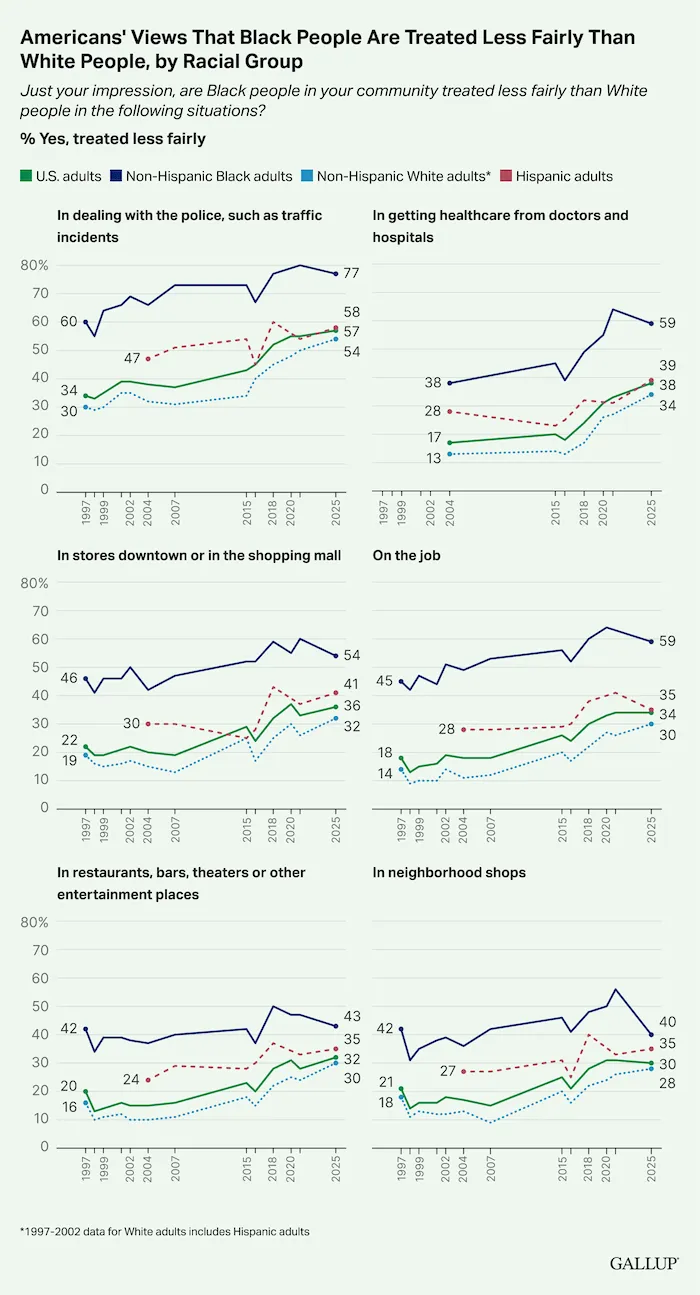
The chart shows how Americans’ views on whether Black people are treated less fairly than White people have changed across six different situations, broken down by racial group. In 2025, Black adults consistently express the highest perception of unfair treatment. In dealing with the police, 77% of Black adults say Black people are treated less fairly. In getting healthcare, 59% of Black adults report unfair treatment. In stores downtown or in shopping malls, 54% of Black adults see unfair treatment. On the job, 59% of Black adults perceive unfairness. In restaurants, bars, theaters or other entertainment places, 43% of Black adults perceive unfairness. In neighborhood shops, 40% of Black adults say Black people are treated less fairly.
Currently, there is a 29-percentage-point gap between Black Americans (59%) and White Americans (30%) in their belief that Black people are treated less fairly on the job or at work — the largest for any of the six situations. The next largest gap in Black-White perceptions is on how Black people are treated when seeking healthcare, followed by during police encounters and when shopping downtown or at malls.
The Black-White differences are slimmest with respect to frequenting dining or entertainment establishments and in local shops. These are the two areas where less than half of Black adults believe that people like themselves are treated unfairly.
As with other measures of racial discrimination against Black people, Hispanic Americans’ views on these questions are more similar to White Americans.
Even as the majority of Americans believe racism against Black people is widespread in the U.S., most still think that, during their lifetime, civil rights for Black people have improved. Nearly seven in 10 U.S. adults think civil rights for Black people are “greatly” (28%) or “somewhat” (40%) improved, while 17% say they have “stayed the same,” 10% “somewhat worsened” and 4% “greatly worsened.”
Although U.S. adults’ assessment of Black Americans’ civil rights is generally positive, it is less positive than in the past. When Gallup first asked this question in 1995, 83% of Americans thought the civil rights of Black people in the U.S. had improved. This rose to a high of 89% in 2011, during Obama’s presidency, before declining to its lowest point, 59% in 2020, after George Floyd’s death focused national attention on race and policing practices. By 2021, U.S. adults were more positive about the trajectory of Black Americans’ civil rights but not to the degree seen earlier.
Since 2020, those thinking civil rights are better for Black Americans have been more likely to say they are somewhat improved rather than greatly improved. This contrasts with the results in 2011 and 2013 when more U.S. adults said civil rights were greatly improved.
White (73%) and Hispanic adults (64%) are more likely than Black adults (53%) to say civil rights have improved for Black Americans. White Americans have been consistently more positive than Black Americans on this measure. All three groups are now less positive about civil rights advances than they were before 2015.
Americans are less likely now than they were in 2020 to say new civil rights laws are needed to reduce discrimination against Black Americans. The current 46% of U.S. adults saying such laws are needed is 15 points lower than five years ago, which was the only majority-level reading of seven taken since 1993.
Black adults continue to be the most supportive of having new civil rights laws (74%), while 53% of Hispanic adults and 40% of White adults agree. Black and White adults’ support for new laws peaked in 2020 (the 2020 poll did not include an oversample of Hispanic adults).
Four in 10 Question Black Americans’ Equal Access to Jobs and Housing
Jobs and housing are two areas where some Americans may believe civil rights protections are needed. Currently, 55% of U.S. adults say Black people in their community can get any kind of job for which they are qualified, while 42% say they don’t have as good a chance as White people. Similarly, 56% believe that Black Americans can get any housing they can afford, while 41% are skeptical.
Americans’ attitudes on these questions haven’t changed much since 2021. However, public belief that there is racial equality in both jobs and housing has been far less prevalent in recent readings than it was earlier in the trend. Between 1995 and 2011, more than 70% consistently said Black adults had the same opportunities as White adults in getting jobs. From 1990 to 2015, over 70% said the same about housing.
Long-standing differences between White and Black Americans persist on these questions, with White adults currently about twice as likely as Black adults to say Black people have the same access as White people to jobs and housing. Hispanic adults’ views are nearly identical to those of White adults on both questions.
A different question about access to the job market that asks if “racial minorities” in general have equal job opportunities as White people finds just 40% of Americans say they do, while 59% disagree. The current percentage believing racial minorities have equal job opportunities ties the low point in the trend, spanning 11 measurements since 2001.
White (44%) and Hispanic adults (37%) are more likely than Black adults (20%) to believe minorities have equal job opportunities, but more than half of all three racial/ethnic groups think such equality does not exist.
Bottom Line
Nearly two-thirds of Americans believe racism against Black people is widespread in the U.S., maintaining the trend high recorded in 2021. Black adults are particularly likely to perceive this, but majorities of White and Hispanic adults also agree. At the same time, far fewer Americans believe racism against White people is widespread, which is at the lowest level since Gallup began asking the question.
While Americans broadly think civil rights for Black people have improved during their lifetime, this optimism is far below past levels. Still, compared with June 2020, sharply fewer Americans say new civil rights laws are needed.
Meanwhile, perceptions of equal access to jobs and housing remain well below levels seen in years past. Police interactions stand out as the top area of unfair treatment toward Black people, with perceptions of bias in healthcare, shopping, restaurants and workplaces also at or near record highs.
More News from Raritan
- YOU Are Invited to Be a Virtual Guest for the Launch of NASA's SpaceX Crew-12 Mission The Crew-12 mission will carry NASA astronauts.
- First Saturday and E-Waste Recycling Drop-Off Events to be held on February 7 Proof of Somerset County residency is required.



